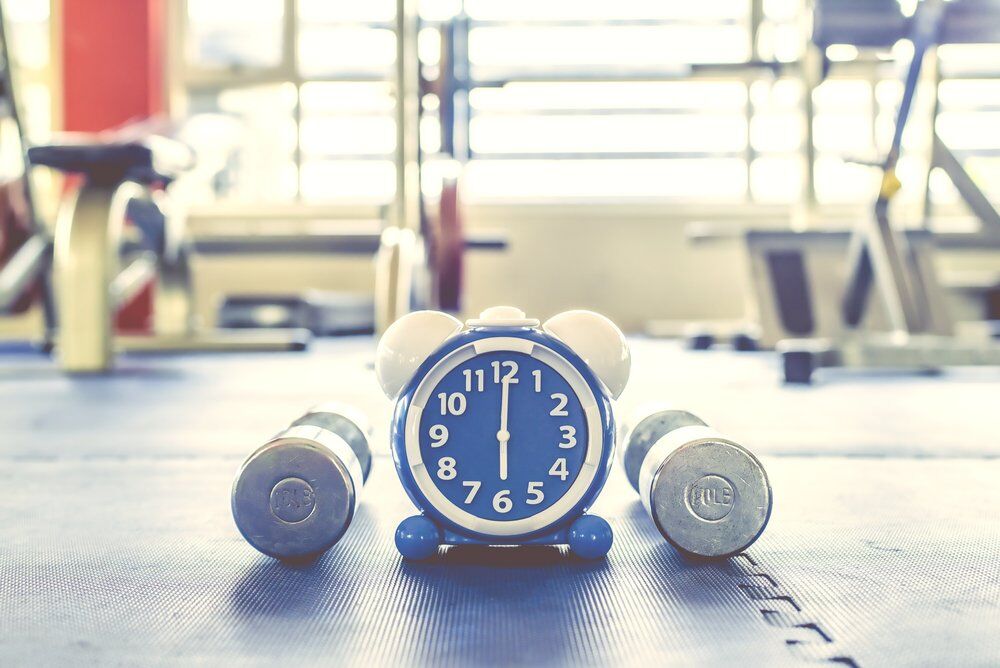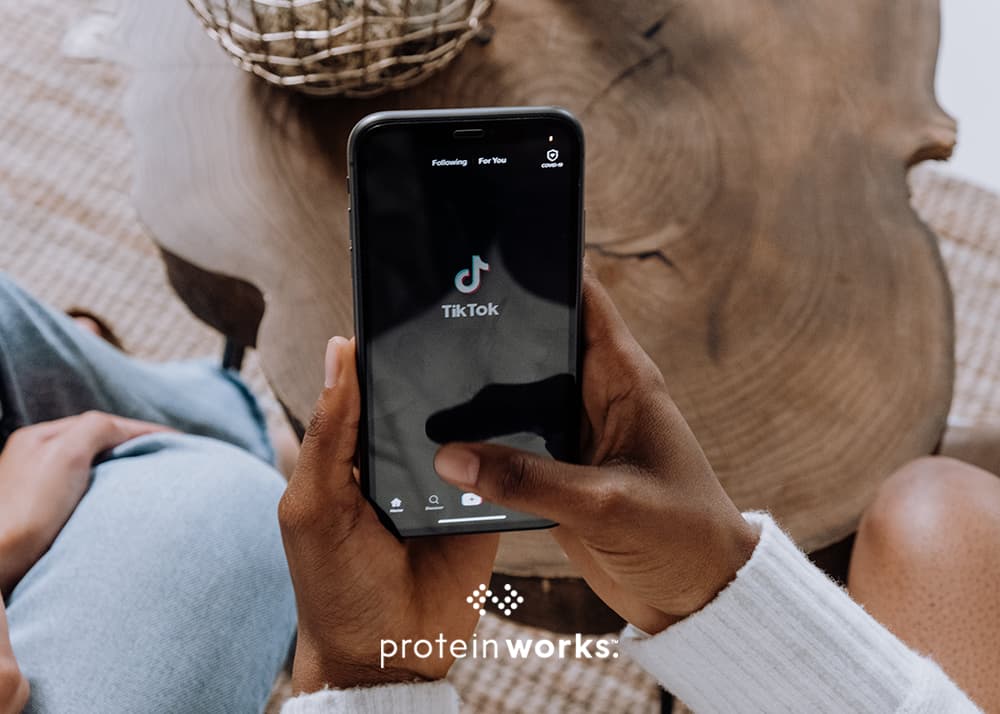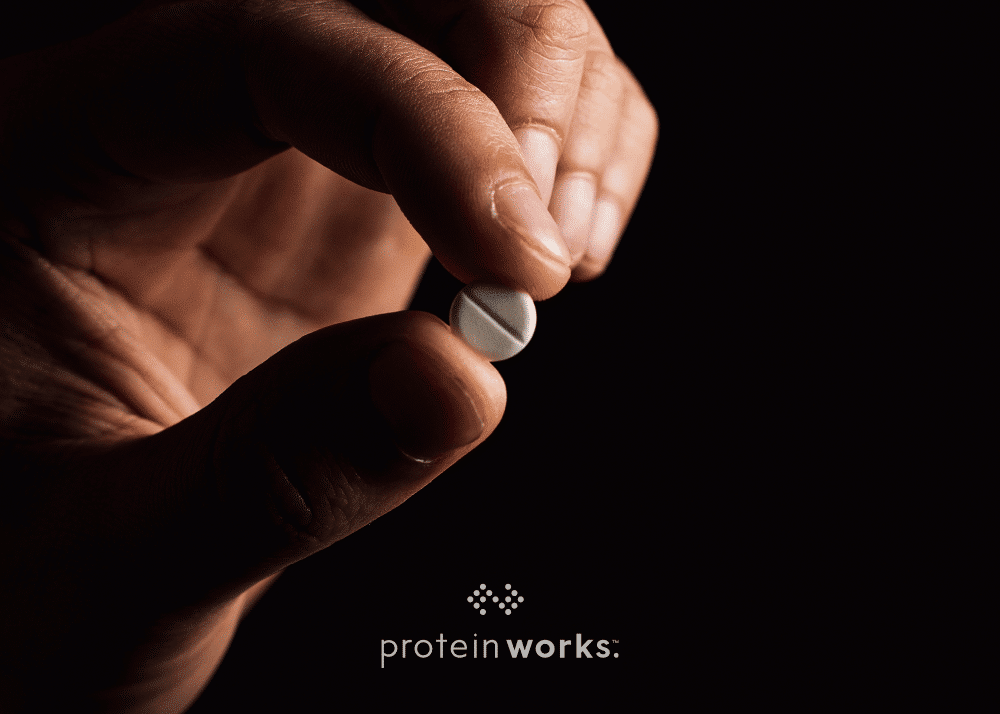
Facing The ‘don’t-eat-in-the-evening’ Myth
You’ve probably heard when considering a new diet; ‘don’t eat carbs after 6’ or ‘you shouldn’t eat at night’ being the usual. Not only is this wrong, but eating late – often by manipulating carbohydrates – can provide many benefits.

- Activity – if you train intensely and are generally active then you will burn a significant amount of calories
- Digesting – if you’re eating frequently, your metabolism is going to be constantly firing to cope with the digestion of food
- Resting – the calories you burn naturally, without activity and digestion considered (age, height and weight all impact on this)
These 3 factors combine to give you a ‘basal metabolic rate’ (BMR). There are numerous online resources available that can calculate your BMR quite accurately. Eating in the evening does not impact upon this – and more to the point, when talking carb-consumption, later feeds may be a better option for the majority of people.
Those who believe you shouldn’t eat late in the day might suggest that ‘insulin sensitivity is naturally low at night; therefore big evening meals are bad’. While that may naturally be the case, the reality is that many people with the typical 9-to-5 day jobs find training late in the day the best and most convenient time for them. After a training session, your insulin sensitivity is very high, meaning that it is advisable to consume adequate protein and carbohydrates to repair muscle stress and replenish glycogen stores.
There is evidence to suggest that eating late can actually provide many benefits – in terms of your recovery and results. This is largely based on the fact that a meal rich in carbohydrates is likely to raise your dopamine and serotonin levels, both of which are key to a good nights sleep. This quality sleep then helps to promote Muscle gain and fat loss.
A 2011 study by the Hebrew University of Jerusalem took a portion of Israeli policemen and put them on fat-loss diets. The policemen were split – half were to eat their daily carbohydrates in the morning and the other half later on in the day. The research found that the group whose carbohydrates were consumed in the evening and night experienced greater fat-loss and better control of hunger. Also, hormones such as leptin which are negatively impacted by restrictive dieting were seen in greater levels among the evening group.
Controlling carbohydrate consumption has also given rise to some pretty influential dietary systems. ‘Carb Nite’ and ‘carb backloading’ have been popularised by the work of American physicist-turned-nutritionist John Kiefer, and are renowned for their positive effects on body composition. ‘Carb Nite’ is a fat-loss protocol, in which carbohydrates are kept to a 30g maximum, per day, for 10 days. On that tenth night, a large volume of carbohydrates should be consumed – and the good thing is, it doesn’t really matter where these carbohydrates come from since your body will need to replenish muscle glycogen and reset metabolism. Carbohydrates which are high on the glycemic index (GI) can be particularly useful here – so don’t worry if that means a pizza or Krispy Kreme doughnuts! Just make sure this doesn’t become a binge. This process can help ensure that fat stores are used as your primary energy source – and not just muscle glycogen.
On the other hand, if gaining muscle mass is your goal – carbohydrate manipulation can also have its place. You won’t need to go to the same levels of depletion as ‘Carb Nite’ – try ‘carb backloading’ instead. You’ll need to eat your carbohydrates late in the day, ideally suiting those who train in the evening. As this will be the case for most days though, you may want to opt for safer, low GI carbohydrate sources such as basmati rice and sweet potatoes. This can add size since your muscle fibres will need repairing post-workout, and the large volume of carbohydrates consumed each evening can therefore be stored mainly as muscle glycogen.
Obviously, if you’re in a caloric surplus (more calories in than out) some fat may be accumulated – but taking on carbs around training is the best method to keep the fat off. During the hours of the day when you’re not training, perhaps sat at a desk at work, you will mostly be eating protein and healthy fats. You won’t require the extra energy from carbohydrates, meaning that when you do need them (post-training), they can mostly be absorbed into the muscle cells rather than deposited as fat. This is a good way to gain size without much of the additional fat that most ‘bulking’ methods bring.
This is by no means prescriptive for everyone – if you train in the mornings for instance you may find you have to consume carbohydrates early on. Professional sportsmen and women, who train for many hours of the day, may find it best to gradually take on carbs to fuel their constant activity. However, if like most people you are at work for most of the day and train at night; perhaps it is worth eating your rice and potatoes later in the evening. You can still lose or gain weight dependent on the amount of calories taken on in the day, however it’s how you manage the different macronutrients (proteins, carbohydrates and fats) that is the most important factor.
The take-home message is to not worry about when you eat, and to tailor your carb-consumption around your activity levels.






No Comments yet!